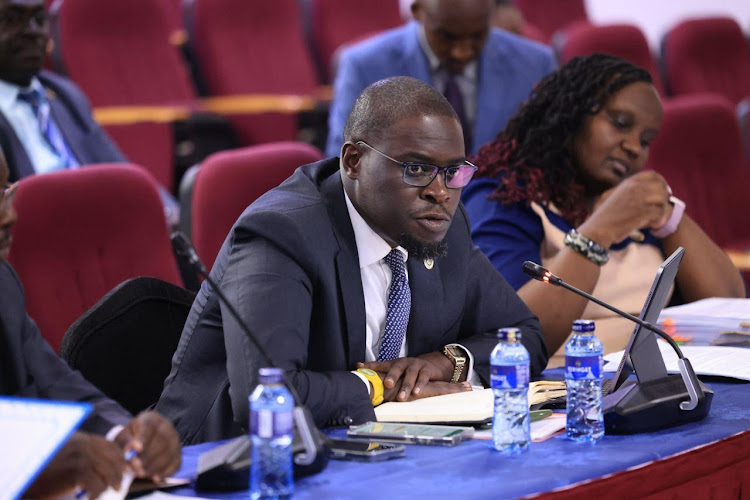The Senate is demanding urgent investigations into East African Breweries Limited (EABL) following explosive allegations of fraud, coercion, and massive tax evasion. The call follows a petition by Rono Nicholas Liom of Bomet County, revealing what could be one of Kenya’s largest corporate scandals.
At the heart of the controversy is the acquisition of EABL shares by multinational drinks giant Diageo. The petitioner alleges that Diageo’s 2023 purchase of a 15 per cent stake, raising its ownership from 50.03 per cent to 65 per cent, was fraudulent. The aim was to secure shares for resale to Heineken or Castel Group at an inflated price, severely disadvantaging Kenyan shareholders.
More disturbing, EABL employees allegedly faced bullying, threats, and coercion to sell their share options to Diageo, violating Kenyan labour and capital market laws. This intimidation suggests a company culture eroding under foreign ownership.
The Senate Committee, after a sweeping inquiry involving the Capital Markets Authority (CMA), the Competition Authority of Kenya (CAK), and the Kenya Revenue Authority (KRA), uncovered systemic failures. Despite multiple red flags, no meaningful intervention protected Kenyan shareholders or taxpayers.
The investigation also traced EABL’s ownership changes. In 1997, Guinness PLC acquired a significant stake following a Ksh 1.5 billion rights issue. By 2000, an internal reorganisation consolidated Guinness’ stake under Diageo, cementing foreign control. With the 2023 stake increase, local ownership fell to just 35 per cent, a sharp decline from EABL’s proud Kenyan legacy.
A staggering tax evasion claim compounds the accusations. In 2020, a whistleblower revealed to a journalist that EABL had allegedly manipulated the water and alcohol content of its products to exploit lower tax brackets, evading billions in taxes, according to the whistleblower. If true, this represents a massive loss of public funds, enabled by institutional negligence or complicity.
The petitioner also highlighted EABL’s diminished stature. Once a titan employing over 6,000 Kenyans and owning vast real estate, the brewery has reportedly sold properties, with proceeds diverted to Diageo’s overseas accounts. Today, EABL employs only 600 people, a shadow of its former self.
The Senate Committee recommends immediate enforcement action against EABL under the Competition Act and amendments to the CMA Act to strengthen shareholder protections. It remains unclear whether these recommendations will lead to action, but the allegations cast a long shadow over Kenya’s regulatory bodies.
For many Kenyans, this scandal is more than corporate misconduct, it is a profound betrayal. It underscores the urgent need for greater transparency, robust regulatory oversight, and renewed patriotism in managing national assets.
The nation watches and waits: will justice prevail, or will the scandal fade into the shadows of impunity?





